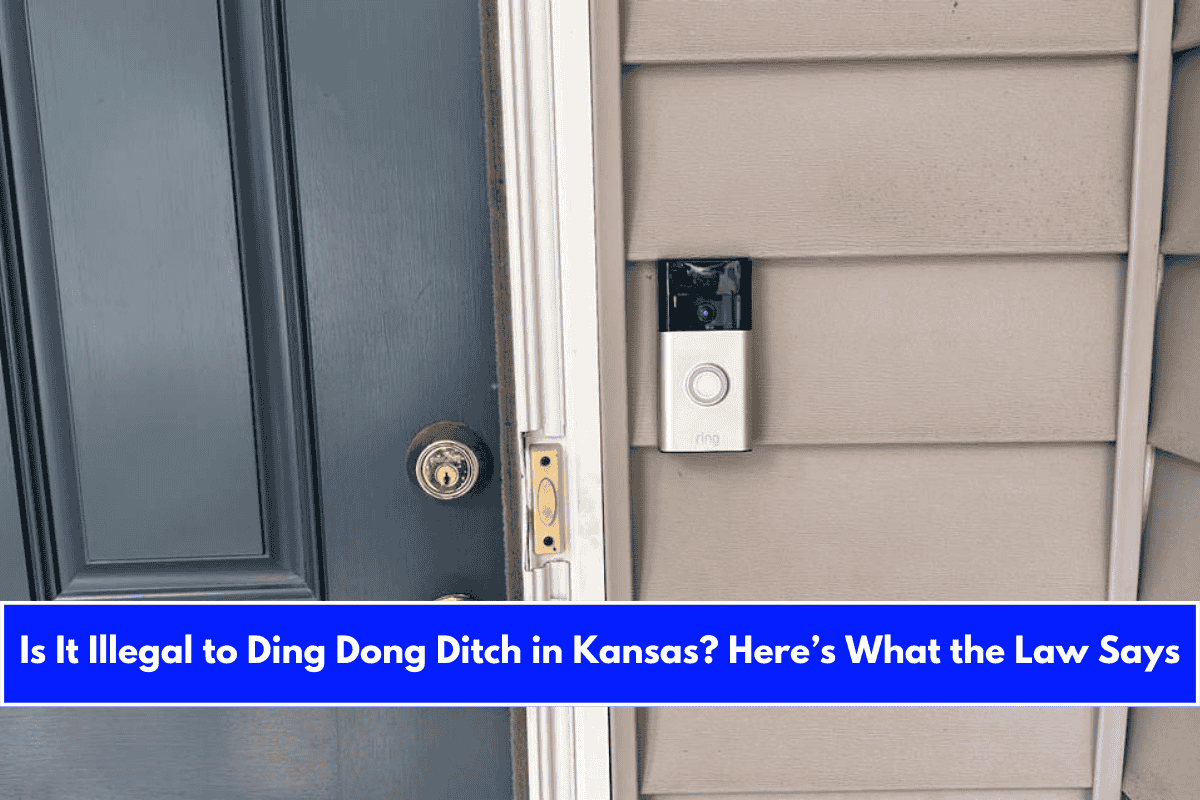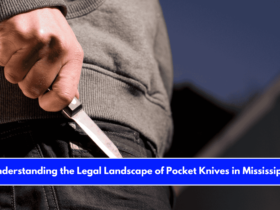Ding dong ditch—a prank where someone rings a doorbell and runs away before the resident answers—might seem like harmless fun, but it can have legal consequences in Kansas. Here’s a detailed look at the relevant laws and what could happen if you’re caught.
Trespassing: The Main Legal Concern
- Kansas law defines trespassing as entering or remaining on someone else’s property without permission. This includes private property such as a front porch or yard, even if you’re only there briefly to ring a doorbell.
- If you step onto someone’s property to play ding dong ditch, you could technically be charged with criminal trespass, a Class B nonperson misdemeanor in Kansas. The law does not require you to remain on the property for a long time—simply entering without consent is enough.
Other Possible Charges
- Disturbing the Peace or Harassment: If the prank is repeated, occurs late at night, or is intended to frighten or annoy the resident, it could also be considered harassment or disturbing the peace. These charges are more likely if the behavior is persistent or escalates.
- Intent Matters: If the prank is done with malicious intent or causes fear, the legal consequences may be more severe.
Penalties
- Criminal Trespass: A conviction can result in a misdemeanor charge, fines, and a criminal record, which could have long-term effects on employment or housing opportunities.
- Other Offenses: If the prank escalates to vandalism or harassment, penalties can be more serious, including higher fines or even jail time in extreme cases.
Real-World Application
- In most cases, a first-time offense may result in a warning, especially if no damage is done and the pranksters are minors.
- However, repeated offenses or pranks that disturb the peace or cause fear are more likely to lead to police involvement and formal charges.
Ding dong ditching in Kansas can be considered criminal trespass, and repeated or malicious incidents may also lead to charges of harassment or disturbing the peace.
While a single prank may only result in a warning, the law allows for misdemeanor charges if property boundaries are crossed without permission. The safest approach is to respect others’ property and avoid pranks that could be seen as intrusive or threatening.
Sources:
- https://www.youtube.com/watch?v=S4ksT6lvfGc
- https://riveralawoffice.com/criminal-defense/criminal-trespass/
- https://www.pumphreylawfirm.com/blog/is-ding-dong-ditching-as-harmless-as-pranksters-think/
- https://mylolowcountry.com/usa-laws/is-it-illegal-to-ding-dong-ditch-in-montana-heres-what-the-law-says/











Leave a Reply